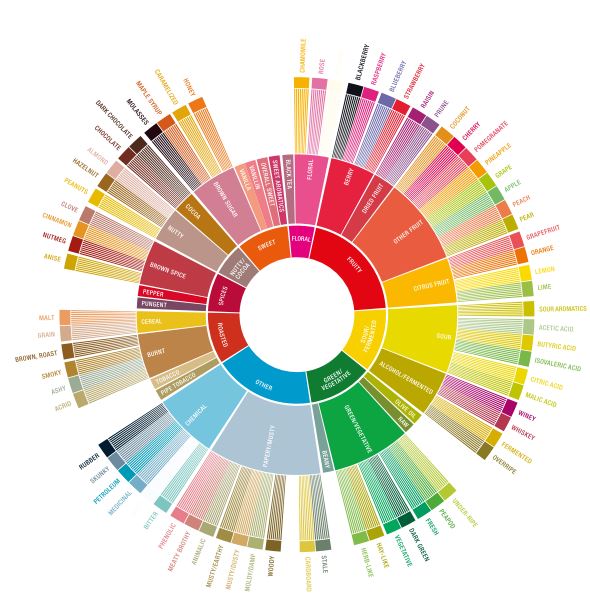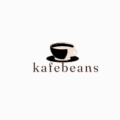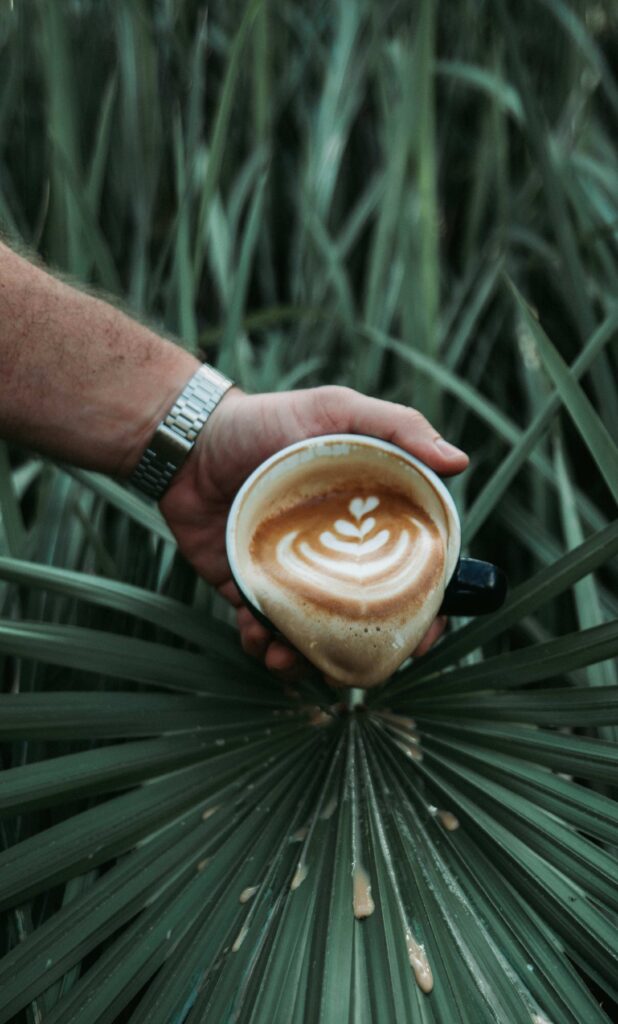Introduction
In recent years, the coffee landscape has transformed, with a growing appreciation for specialty coffee emerging among consumers worldwide. This shift signifies a departure from the mass-produced, uniform commercial blends that have dominated the market for decades, towards a more nuanced and artisanal approach to coffee production and consumption.
Specialty coffee, characterized by its exceptional quality, unique flavor profiles, and dedication to craftsmanship, has captured the imaginations of coffee enthusiasts and connoisseurs alike.
The global specialty coffee market is expected to grow from USD 53.67 billion in 2021 to USD 152.69 billion by 2030, with a CAGR of 12.32% during 2022-2030. Key drivers include increasing consumer preferences for specialty coffee, rising disposable incomes, and growth in coffee shops globally. World coffee production is around 170 million bags and about 70 million bags can be considered specialty.
The market is segmented by grades, with the 85-89.99 grade segment leading in 2021, holding a 39.12% market share and USD 20.99 billion in revenue, indicating a significant preference for high-quality coffee varieties. For more detailed insights, visit the original article on GlobeNewswire.
What is Specialty coffee and does grade matter?
Yes, grade matters significantly for specialty coffee. It is evaluated based on various criteria including flavor, aroma, and absence of defects. The grading system, often on a scale of 1-100, helps in classifying coffee quality.
Coffees scoring 80 points or above on this scale are typically considered specialty grade, reflecting their superior taste and quality. The higher the grade, the better the coffee is considered in terms of its sensory characteristics and overall quality.
Here’s a general breakdown of coffee grades according to the SCA:
- Specialty Grade (80-100 points): Coffees with exceptional quality, distinctive flavors, and no defects. These are the highest quality coffees available and are typically used for specialty coffee offerings.
- Premium Grade (75-79 points): Coffees that meet certain quality standards but may have minor defects or inconsistencies in flavor. While they may not qualify as specialty-grade, they are still considered above-average quality.
- Exchange Grade (60-74 points): Coffees that do not meet the quality standards for specialty or premium grades. These coffees are often sold on commodity markets for commercial use and are not typically associated with specialty coffee.
This is a great paper, which looks to explain the definition of specialty coffee.
Why is Specialty Coffee on the rise?
Specialty coffee is typically made from Arabica beans, which are known for their superior flavor profiles compared to Robusta beans. These beans are grown in specific regions with optimal conditions for coffee cultivation
The trend in the rise of specialty coffee is fueled by several factors.
Specialty coffee consumption hit a five-year high. 43% of coffee drinkers chose specialty coffee in the past day, up 20% since January 2021.
https://www.ncausa.org/Newsroom
- Quality and Taste: Specialty coffee offers superior quality and taste, with unique flavor profiles derived from specific growing regions and processing methods.
- Ethical Sourcing: Many specialty coffees are ethically sourced, ensuring fair compensation for farmers and sustainable farming practices.
- Experience and Education: Purchasing and consuming specialty coffee often involves learning about the coffee’s origin, processing methods, and best brewing practices, enhancing the overall coffee experience.
Consumers are more educated about coffee and are seeking unique, high-quality brews that offer a distinct taste experience.
Additionally, the expansion of specialty coffee shops and the availability of specialty coffees in mainstream markets have made these premium options more accessible, further driving their popularity.
Growing awareness of the health benefits associated with coffee consumption, such as antioxidants and potential disease prevention, has also contributed to the growth of the specialty coffee market.
Do you need specific certification for specialty coffee?
No, there is no specific certification required to label your coffee as specialty coffee. The term “specialty coffee” generally refers to high-quality coffee that is carefully sourced, roasted, and brewed to bring out its unique flavors and characteristics. While there are industry standards and grading systems, such as those provided by the Specialty Coffee Association (SCA), certification is not mandatory to use the term “specialty coffee.”
However, some coffee producers, roasters, and retailers may choose to seek certifications or endorsements from organizations like the SCA or Fair Trade organizations to demonstrate their commitment to quality, sustainability, and ethical practices. These certifications often involve meeting certain criteria related to farming practices, environmental sustainability, fair labor practices, and quality control.

The Coffee Taster’s Flavor Wheel (2016), a collaboration between World Coffee Research, the Specialty Coffee Association, and the University of California Davis, is
a collection of sensory attributes
What are the most popular types of Specialty Coffee?
The three most common sub-segments of the Specialty Coffee segment are:
Single-Origin Coffee.
These are coffees sourced from a single geographic region, farm, or even a specific plot within a farm. Single-origin coffees allow consumers to experience the unique flavors and characteristics associated with a particular coffee-growing region or farm.
Ethiopian Yirgacheffe is one such example. Known for its floral and fruity notes, Ethiopian Yirgacheffe coffee is grown at high altitudes and processed using traditional methods, such as natural or washed processing.
Direct Trade Coffee.
Direct trade involves coffee roasters establishing direct relationships with coffee producers or farmers, bypassing traditional importers and exporters. This approach often ensures better prices for farmers and higher quality control for roasters, as well as greater transparency and traceability for consumers.
Companies like Intelligentsia, Counter Culture, and Stumptown are known for their direct trade practices, where they work closely with coffee growers, often paying above-market prices to incentivize quality and sustainable farming methods.
Micro-Lot Coffee
Micro-lot coffees are small batches of coffee beans harvested from a specific area within a farm or from a particular crop. These coffees are often highly prized for their exceptional quality and distinct flavor profiles, and they may command premium prices due to their limited availability.
Ethiopian Yirgacheffe can be considered in this segment as well. Another example of micro-lot specialty coffee could be a small batch from Panama’s Boquete region, specifically from the Geisha variety, which is renowned for its floral aromatics and complex flavor profiles, including jasmine, honey, and citrus notes.
Conclusion
As a coffee enthusiast and blogger, I’ve seen firsthand the transformative journey of specialty coffee. It’s more than a drink; it’s a global movement towards quality, sustainability, and a profound appreciation for the art of coffee.
The rise of specialty coffee marks a shift in consumer values—towards ethical sourcing, environmental stewardship, and a desire for exceptional taste experiences. This trend not only benefits coffee aficionados but also supports farmers, communities, and ecosystems around the world. Specialty coffee is a testament to our collective pursuit of excellence and sustainability in every bean.
Photo (featured image) by Hannah Tims on Unsplash

